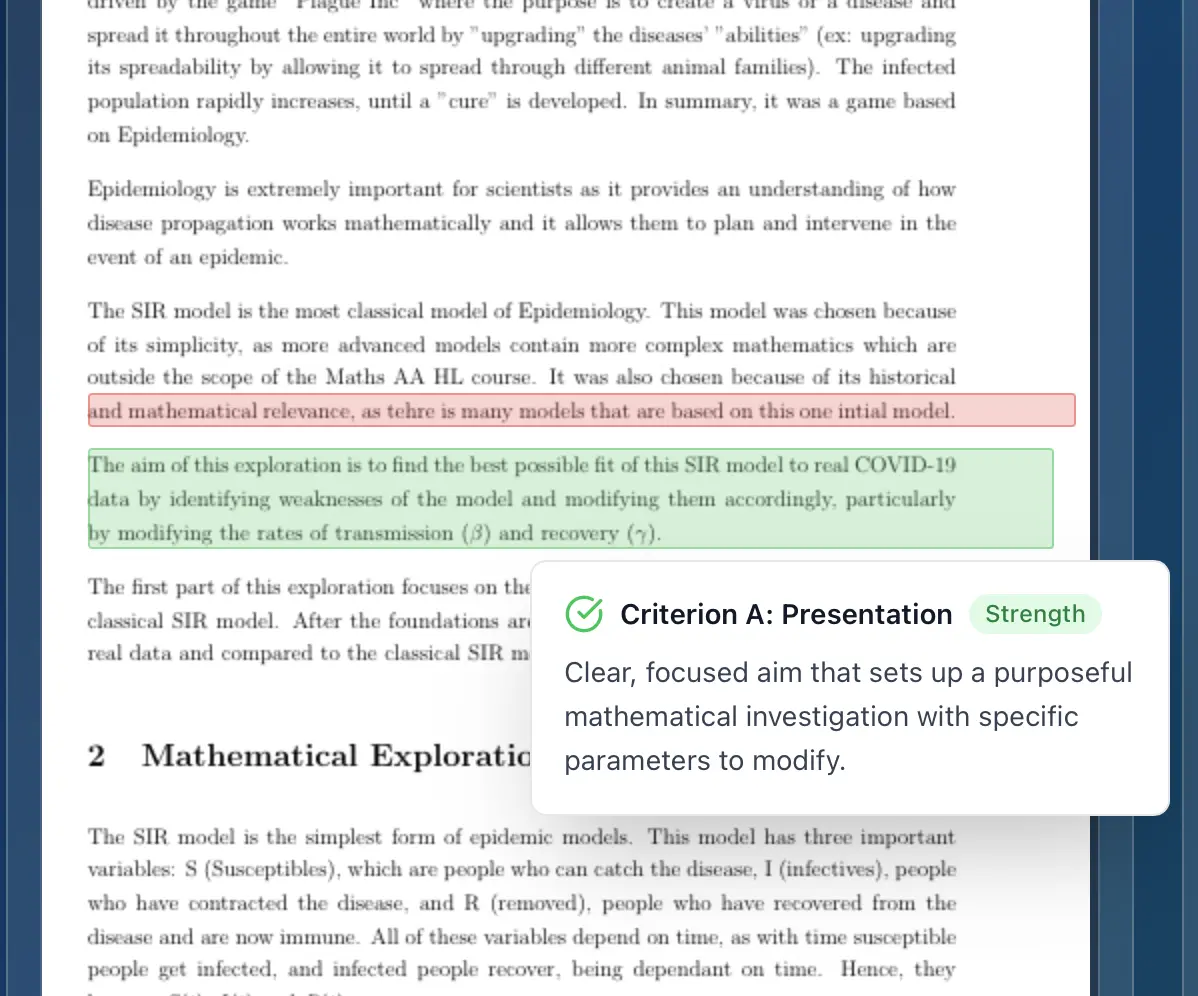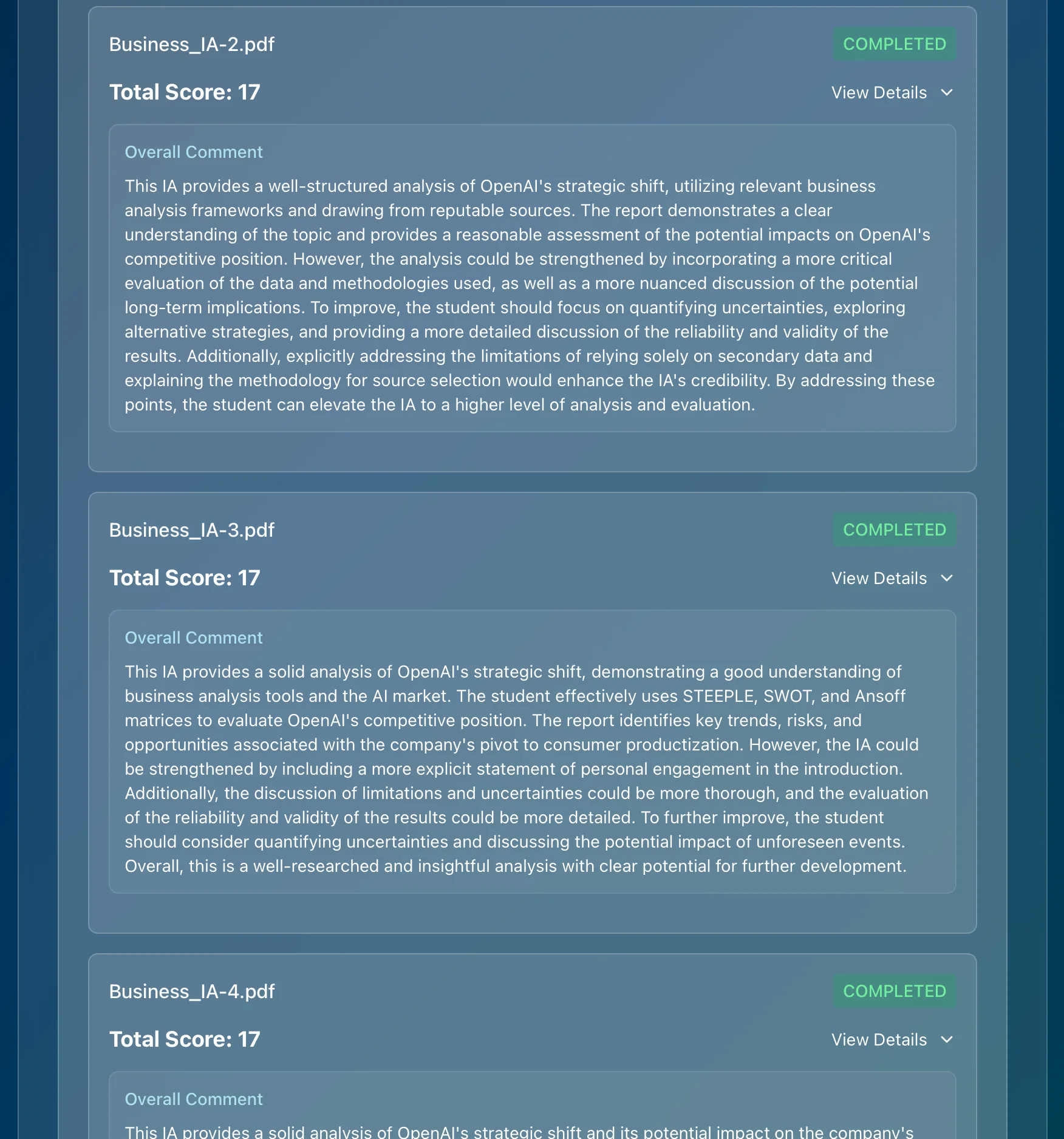Life After IB: How the Diploma Prepares You for University
The International Baccalaureate (IB) Diploma Programme is renowned for its rigorous curriculum and holistic approach to education. But how exactly does the IB prepare you for university life? In short, the IB cultivates critical thinking, independent research skills, and a global perspective, all of which are essential for thriving in higher education. This blog post will delve into the specific ways the IB Diploma Programme sets you up for success in university, covering everything from academic preparation to personal development. We'll explore the skills you'll gain, the challenges you might face, and how to leverage your IB experience to excel in your chosen field.
The IB Advantage: Key Skills for University Success
The IB Diploma Programme isn't just about memorizing facts; it's about developing a comprehensive skillset that translates directly to university success. Let's explore some of the most crucial skills you'll acquire:
Critical Thinking and Analysis
University coursework demands more than just regurgitating information. You'll be expected to analyze complex arguments, evaluate evidence, and form your own informed opinions. The IB's Theory of Knowledge (TOK) course, in particular, hones these skills by encouraging you to question the nature of knowledge itself.
- Example: In a history class, instead of simply memorizing dates and events, you'll be able to analyze the historical context, evaluate different perspectives, and draw your own conclusions about the significance of those events.
Research and Inquiry
From writing research papers to conducting experiments, university often requires independent research. The IB Extended Essay (EE) is a significant undertaking that prepares you for this challenge. You'll learn how to formulate a research question, conduct thorough research, analyze data, and present your findings in a clear and concise manner.
- Actionable Tip: Start thinking about your EE topic early! Brainstorm areas of interest and consult with your teachers for guidance.
Time Management and Organization
Juggling multiple courses, extracurricular activities, and personal commitments is a hallmark of university life. The IB Diploma Programme, with its demanding workload and diverse requirements, provides excellent training in time management and organization. You'll learn to prioritize tasks, meet deadlines, and manage your time effectively.
- Example: Balancing six IB subjects, CAS (Creativity, Activity, Service), and the Extended Essay requires meticulous planning and time management skills.
Communication and Collaboration
University often involves group projects, presentations, and discussions. The IB encourages collaboration through group projects and classroom discussions, fostering your ability to communicate effectively with others, share ideas, and work towards common goals.
- Actionable Tip: Actively participate in class discussions and seek opportunities to collaborate with your peers on projects.
Global Perspective and Intercultural Understanding
The IB's emphasis on internationalism and intercultural understanding prepares you to engage with diverse perspectives and navigate a globalized world. You'll learn to appreciate different cultures, understand global issues, and communicate effectively with people from diverse backgrounds.
- Example: Studying world literature in Language A or exploring global issues in Group 3 subjects broadens your understanding of different cultures and perspectives.
Struggling with IB Assessments?
Get instant, detailed feedback on your work with AI that understands IB criteria.

Academic Rigor: Bridging the Gap Between High School and University
The IB Diploma Programme is known for its academic rigor, which helps bridge the gap between high school and university. Here's how:
Demanding Coursework
The IB curriculum is designed to challenge you intellectually and push you beyond your comfort zone. The depth and breadth of the subject matter, combined with the emphasis on critical thinking and analysis, prepares you for the demands of university-level coursework.
Internal Assessments (IAs)
Internal Assessments (IAs) are a significant component of the IB Diploma Programme. These are independent research projects that allow you to explore a topic of your choice in depth. Completing IAs develops your research skills, analytical abilities, and writing proficiency, all of which are essential for university success.
- IB [Subject] IA Tips: For example, for your Biology IA, focus on a clearly defined research question and ensure your methodology is sound. For History, prioritize primary source analysis.
External Examinations
The IB's external examinations are comprehensive and challenging, requiring you to demonstrate your knowledge and understanding of the subject matter. Preparing for and taking these exams helps you develop strong study habits, test-taking strategies, and the ability to perform under pressure.
- IB Exam Strategies: Practice past papers, create a study schedule, and focus on understanding key concepts rather than simply memorizing facts.
Common Challenges and How to Overcome Them
While the IB provides excellent preparation for university, students may still face certain challenges. Here are some common issues and strategies for overcoming them:
Time Management Overload
The transition to university can be overwhelming, with new courses, social activities, and responsibilities.
- Solution: Use time management tools like calendars and to-do lists. Break down large tasks into smaller, more manageable steps. Prioritize tasks based on their importance and deadlines.
Academic Adjustment
University coursework may be more challenging than what you're used to.
- Solution: Seek help from professors, teaching assistants, and academic advisors. Form study groups with your peers. Utilize university resources such as tutoring centers and writing labs.
Social Integration
Making new friends and finding your place in a new environment can be difficult.
- Solution: Join clubs and organizations that align with your interests. Attend social events and activities. Be open to meeting new people and building relationships.
Homesickness
Missing home and feeling disconnected from your support network is common.
- Solution: Stay connected with family and friends back home. Create a new support network at university. Find activities that you enjoy and that help you feel connected to your new environment.
Pro Tip: Get AI-Powered Grading
Stop second-guessing your grades. Get instant feedback aligned with official IB rubrics.

Advanced Tips and Strategies for IB Graduates in University
Here are some advanced tips to help you excel in university after completing the IB Diploma Programme:
Leverage Your IB Skills
Actively apply the skills you developed in the IB, such as critical thinking, research, and time management. These skills will give you a significant advantage in your coursework and other academic pursuits.
Seek Out Challenging Opportunities
Don't be afraid to take on challenging courses, research projects, or extracurricular activities. The IB has prepared you to handle demanding workloads and complex tasks.
Network with Professors and Professionals
Build relationships with your professors and other professionals in your field. They can provide valuable guidance, mentorship, and networking opportunities.
Embrace Lifelong Learning
The IB encourages a lifelong love of learning. Continue to explore new ideas, challenge your assumptions, and seek out opportunities for personal and professional growth.
Technology and Modern Assessment: The Role of AI
The landscape of education is constantly evolving, and technology plays an increasingly important role in assessment. AI-powered tools are transforming the way teachers provide feedback and students understand their progress.
Marksy, as a leading AI grading assistant specifically designed for the International Baccalaureate (IB), is at the forefront of this transformation. Marksy helps teachers provide instant, accurate, and detailed feedback on student work based on official IB rubrics. This means students receive clear, criterion-by-criterion feedback that helps them understand exactly how to improve their work.
AI tools like Marksy use official IB criteria to ensure accuracy and fairness in assessment. They also save teachers valuable time, allowing them to focus on providing personalized instruction and support to their students. This ultimately leads to improved learning outcomes and a more efficient assessment process.
The use of AI in assessment is not about replacing teachers; it's about empowering them with tools that enhance their ability to provide high-quality feedback and support student learning. By embracing technology, educators can create a more engaging and effective learning environment for all students.
Conclusion: Your IB Journey Continues
The IB Diploma Programme is more than just a high school curriculum; it's a transformative experience that prepares you for success in university and beyond. By developing critical thinking skills, fostering a global perspective, and encouraging a lifelong love of learning, the IB equips you with the tools you need to thrive in a rapidly changing world.
As you embark on your university journey, remember to leverage the skills and knowledge you gained in the IB. Embrace the challenges, seek out opportunities for growth, and never stop learning.
Ready to take your IB preparation to the next level? Try Marksy for free today and experience the power of AI-powered feedback! See how Marksy can help you understand IB rubrics, improve your scores, and streamline your learning journey. Sign up for a free trial now!